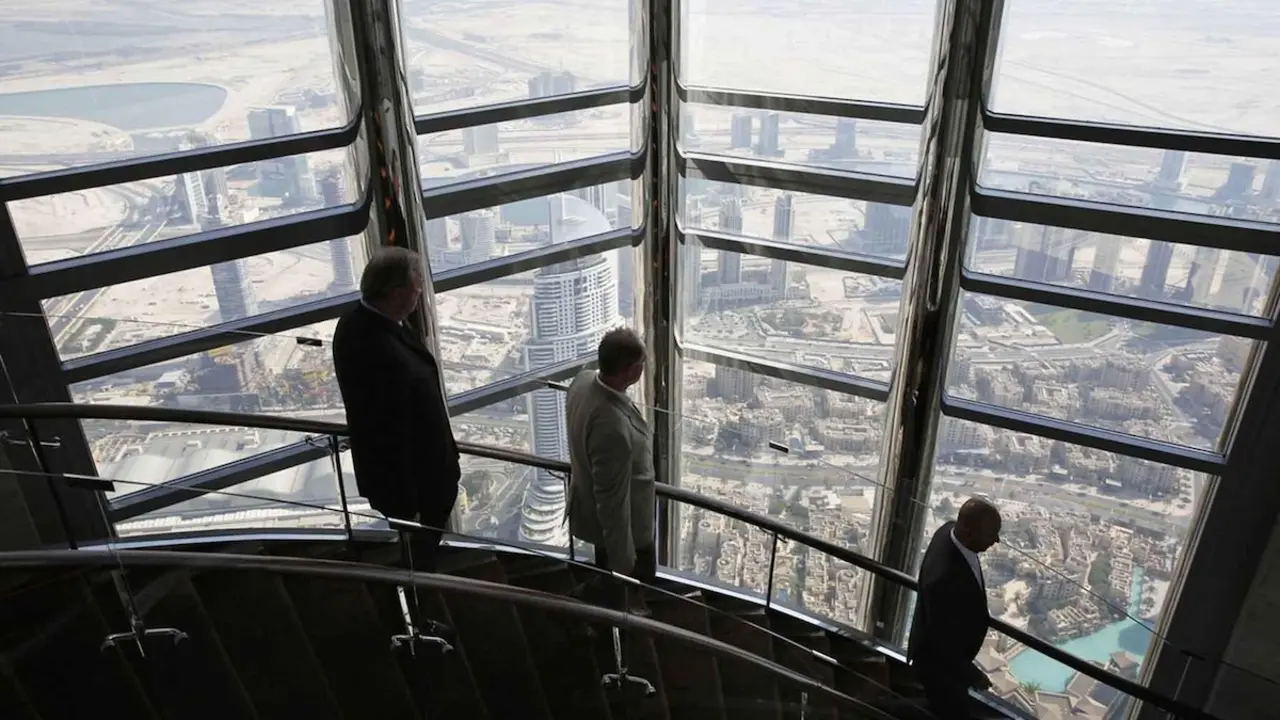UK investors insist on Dakhla's energy potential
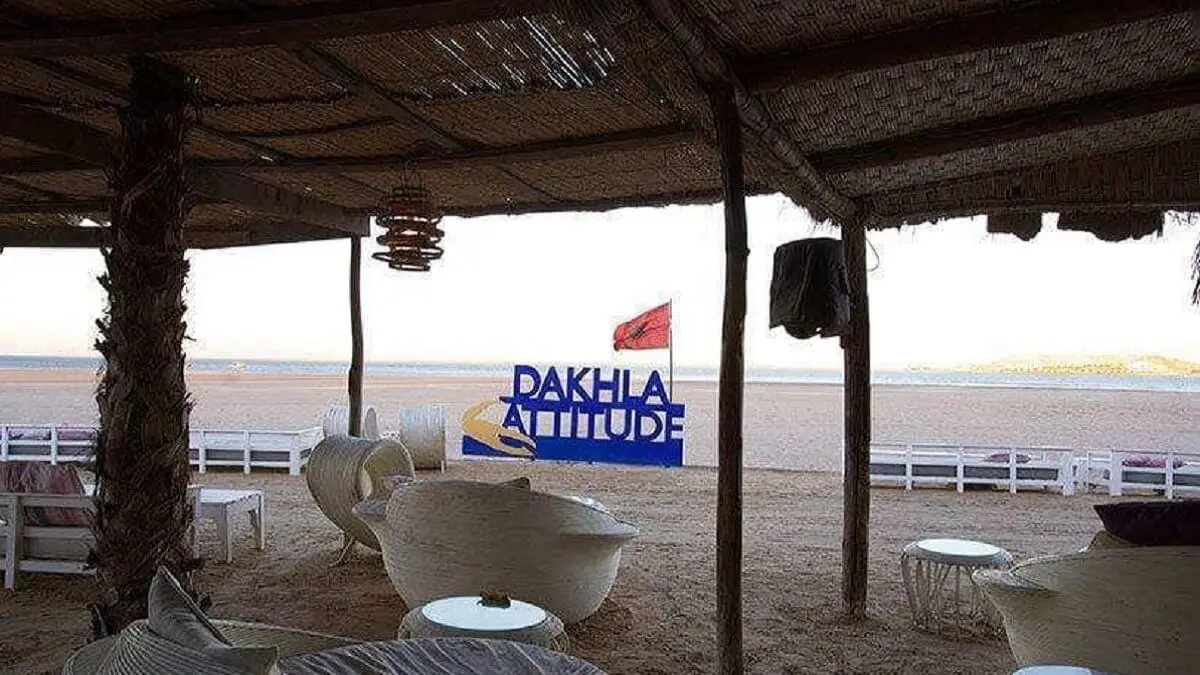
During a two-day visit to the Dakhla-Oued Eddahab region in southern Morocco to look for investment opportunities, a group of British investors has focused on the region's abundant renewable energy potential.
One of the first options that Europe seems to be considering to alleviate the effects of the energy crisis that has plagued the continent for more than a year is Morocco. There is an urgent need for new energy sources as a result of Russia's invasion of Ukraine. The blockade against Russia has forced European nations to look for alternatives that could prevent the crisis from worsening.
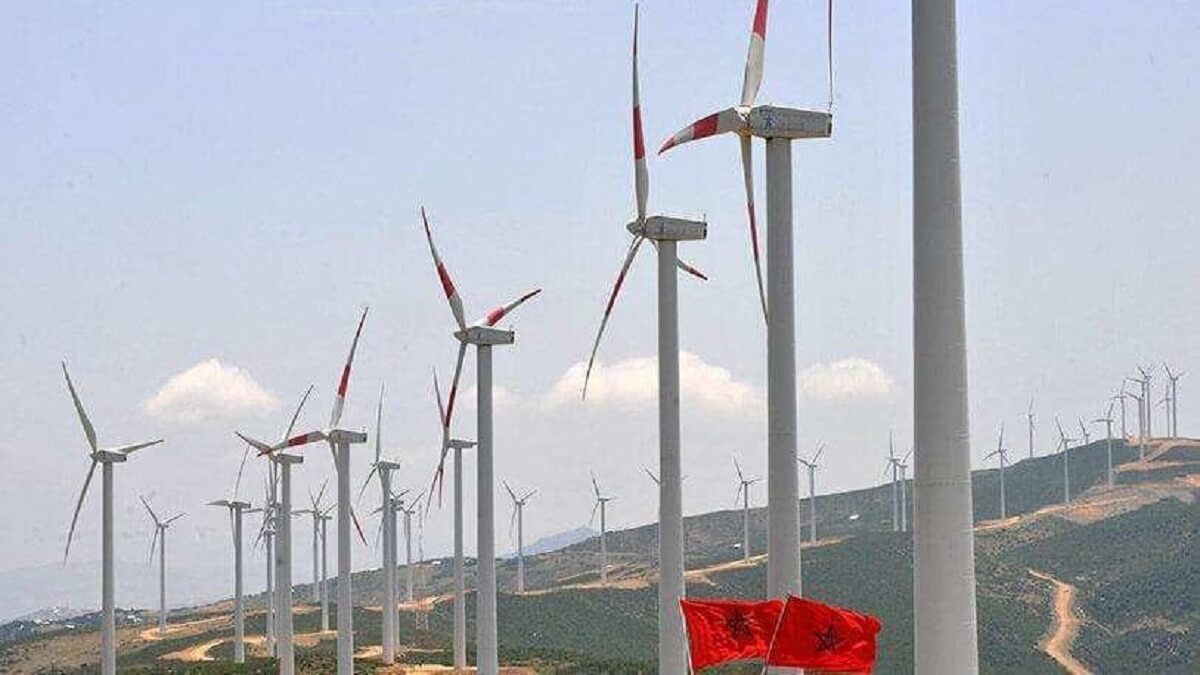
As the lack of fossil fuels in the country has made green energy more necessary, the Kingdom has been working on a number of initiatives to promote it. However, this rapid advancement of renewable energy sources is now seen as a fantastic opportunity for Morocco and Europe to forge closer ties.
The delegation, led by Brannan Tempest, CEO of Oblin Group, which specialises in the engineering and construction of solar photovoltaic and wind energy systems, headed to the area to learn more about important development projects and the status of their implementation.
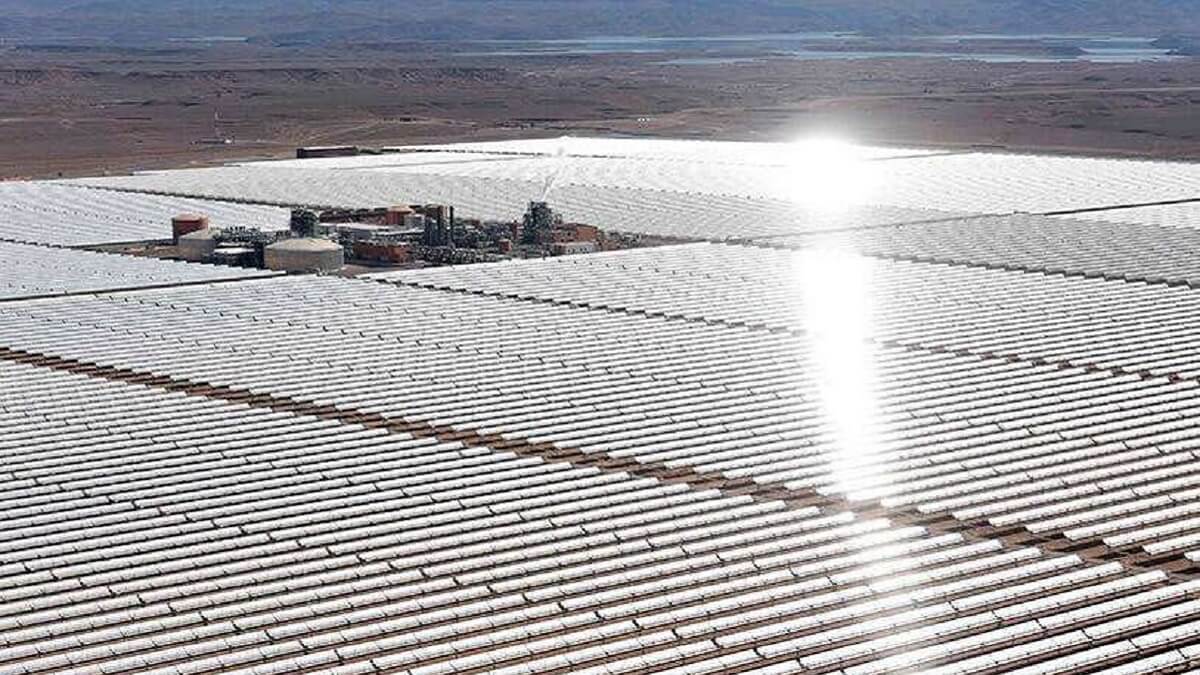
The wali of the Dakhla-Oued Eddahab region and governor of the province of Oued Eddahab, Lamine Benomar, hosted a meeting with the British delegation on the first day of their trip. The discussion at the meeting focused on the progress the area has made in several areas thanks to the New Development Model for the southern provinces of Morocco.
The president of the Regional Council of Dakhla-Oued, Eddahab El Khattat Yanja, also met with the British investors and highlighted the significant progress made in the area. Yanja emphasised Morocco's initiatives to improve the region's business climate in a statement to the media.
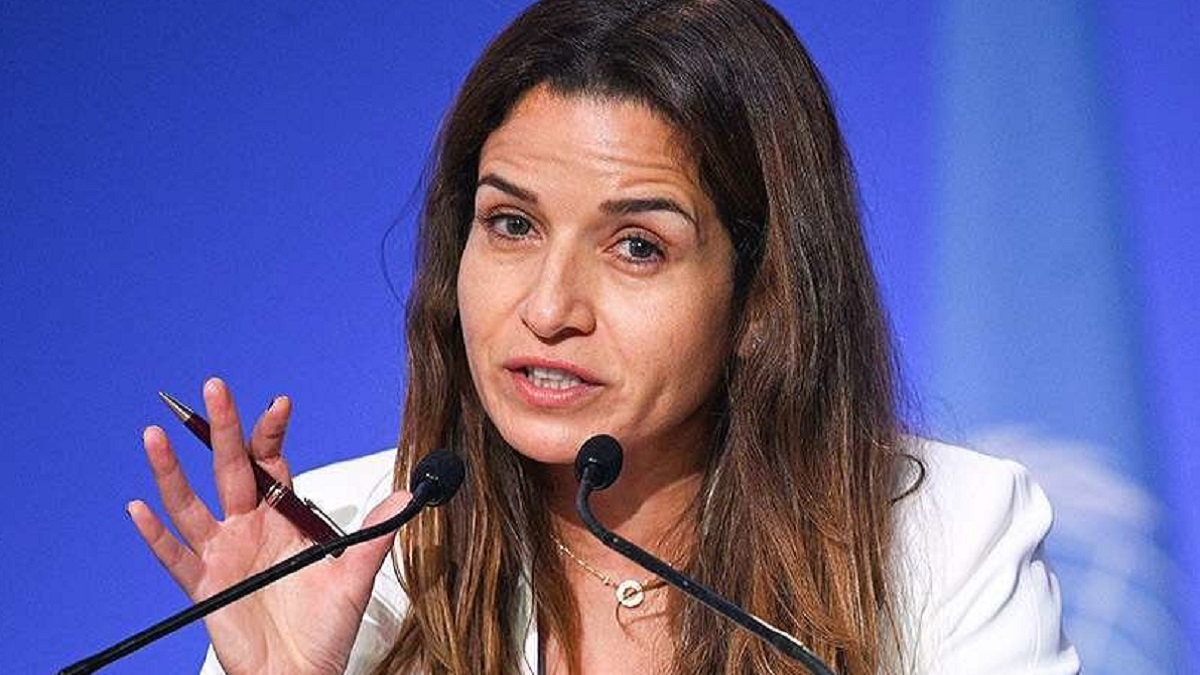
He stressed that these investments would make a significant contribution to the economy of Dakhla-Oued Eddahab and generate employment opportunities for locals, saying that the British delegation "expressed its intention to carry out major investment projects in the region with significant budget allocations". However, excluding hydropower, renewables accounted for 16.1% of Morocco's energy mix in 2022, motivating the Moroccan government to create new projects.
"We are ready to launch our project. It will create around 5,000 jobs", Brannan Tempest, CEO of Oblin Group.
For his part, Tempest emphasised his readiness to discover promising investment opportunities in Dakhla's expanding renewable energy sector. In Morocco's southern provinces, we intend to initiate a substantial renewable energy project that will produce green hydrogen and ammonia, he said, citing Dakhla's welcoming investment environment, as well as the region's abundance of wind and sunlight.

According to Tempest, Oblin Group will commit a considerable amount of funds to the project and will create a new green industrial zone that will benefit companies that manufacture solar photovoltaic panels and wind turbine blades. Investors looking to set up operations in Africa and import goods to European markets find Dakhla in Morocco, which is strategically located on the country's Atlantic coast, particularly attractive. According to Oxford Business Group, Dakhla was heavily dependent on agriculture and fisheries as of 2020, with fisheries accounting for 27% of the region's GDP (Gross Domestic Product).
Dakhla's GDP per capita compared to the nation as a whole was 1.3% in 2019, despite its small population of only 537,000. Due to the country's ambitious plan to increase green hydrogen, solar and wind production capacity, renewable energy has recently emerged in Morocco as one of the three most promising markets to attract investment. The ultimate goal is for these green energies to account for more than 52% of the country's electricity production by 2030.


